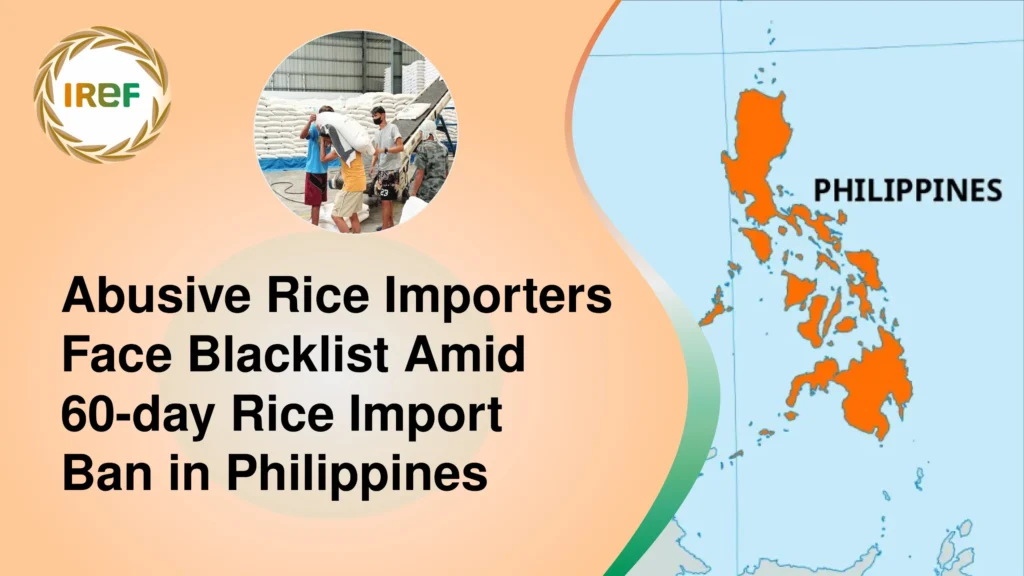Agriculture Secretary Francisco Tiu Laurel Jr. said that the government is closely monitoring rice traders, the action which is been implemented after the 60-day rice import ban in Philippines. The agriculture secretary said that abusive importers could lose their permits and may face backlist as the government has implemented a 60-day suspension of regular and well-milled rice imports, effective September 1 to October 30, 2025.
In his recent interview, the agriculture secretary noted that rice prices in local markets of Philippines have fluctuated since the rice import ban took effect. He further warned abusive importers may lose their permits if they violate the ban. The 60-day rice import ban in Philippines was implemented to safeguard local farmers during their peak harvest season, which will further allow the domestic market to absorb the local supply and stabilize prices.
Agriculture Secretary Francisco Tiu Laurel Jr. also urged consumers to make a well-informed purchase of rice in the local markets, while assuring that the Department of Agriculture is also monitoring rice retailers’ compliance amid the 60-day rice import ban in Philippines. In what can be deemed as a sigh of relief, the agriculture secretary said that the 60-day rice import ban in Philippines has given a temporary boost to local farmers.
60-day Rice Import Ban in Philippines
For the unversed, the 60-day rice import ban in Philippines is effective from September 1 to October 30, 2025. The ban was ordered by President Ferdinand R. Marcos Jr. The step was taken by the President to safeguard local farmers and stabilize the rice prices.



